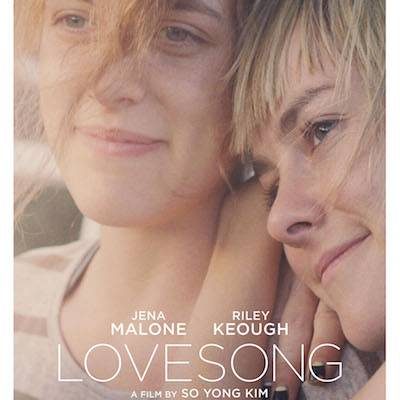
Signature Move is a romantic comedy that gives space to a compassionate exploration of ethnic and sexual identities.
At its heart, Signature Move is a romantic comedy, yet the space it gives to a compassionate exploration of ethnic identity, sexual identity, and – bafflingly – Lucha libre wrestling creates a depth that many other films in the LGBT genre notably lack.
Chicago-based Zaynab (played by the film’s co-writer, Fawzia Mirza) is a closeted Pakistani-American grappling with her widowed mother-cum-housemate, Parveen (played by Indian film star Shabana Azmi), a recluse who passes her time watching Urdu-language dramas and nagging her daughter about finding a husband.
Feeling the pressure at home and in her dry work-life as an attorney, Zaynab decides to blow off steam by taking wrestling lessons – with hilarious slapstick precision.
A chance encounter in a bar introduces us to Alma (Sari Sanchez), a bright, bubbly, and out Mexican-American who openly banters about her sex life with her mother (Charin Alvarez) over the dinner table.
The contrast could not be starker between the two women as they kick off a romance overshadowed by Zaynab’s refusal to come out to Parveen. Alma’s shock that Zaynab doesn’t consider her mother a friend is equally met by Zaynab’s confusion at the very concept of befriending a parent.
To the credit of the writers (Fawzia Mirza and Lisa Donato) and Azmi’s exceptional acting – Parveen is not allowed to remain a token obstacle in Zaynab’s life. We’re welcomed into tender and private moments with her throughout the film, like when she wears her late husband’s watch to gently caress her own face in the mirror.
Before long Zaynab finds herself in Chicago’s Lucha libre wrestling scene where the masks provide an obvious metaphor for her closeted life, and the underground venue a setting for the inevitable collision of Zaynab’s various worlds.
In all, Signature Move is an exceptionally cute film that refuses to simplify the conflict that can arise between sexual and ethnic identities. Instead, it compassionately explores the crises felt by queer people whose love of family nevertheless constricts their lives.
It’s also damn funny.






